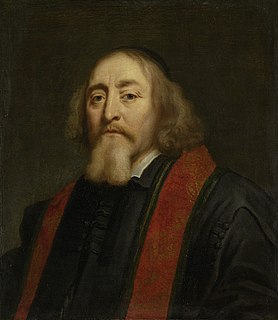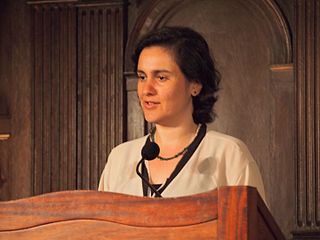A Quote by William Penn
Were the superfluities of a nation valued, and made a perpetual tax or benevolence, there would be more alms-houses than poor, schools than scholars, and enough to spare for government besides.
Related Quotes
America is the wealthiest nation on Earth, but its people are mainly poor, and poor Americans are urged to hate themselves... It is in fact a crime for an American to be poor, even though America is a nation of poor. Every other nation has folk traditions of men who were poor but extremely wise and virtuous, and therefore more estimable than anyone with power and gold. No such tales are told by American poor. They mock themselves and glorify their betters.
Democratic politicians want to solve the crisis of poor education by taking more of your money and using it to reduce classroom sizes in the government schools. Republican politicians want to solve the crisis by taking more of your money to provide vouchers to a handful of the poorest students in each area, paying for a part of the tuition expense at private schools. But before long this 'reform' would make those private schools indistinguishable from the government schools ... Vouchers are an excellent way for the government to increase control over private schools.
What parents said they valued most were discussions with teachers and heads, and what they wanted was more descriptive information in their children's school reports. This is particularly true for primary schools. Parents wanted to know much more than just how their children were doing academically.
The Founding Fathers realized that "the power to tax is the power to destroy," which is why they did not give the Federal government the power to impose an income tax. Needless to say, the Founders would be horrified to know that Americans today give more than a third of their income to the Federal government.









































